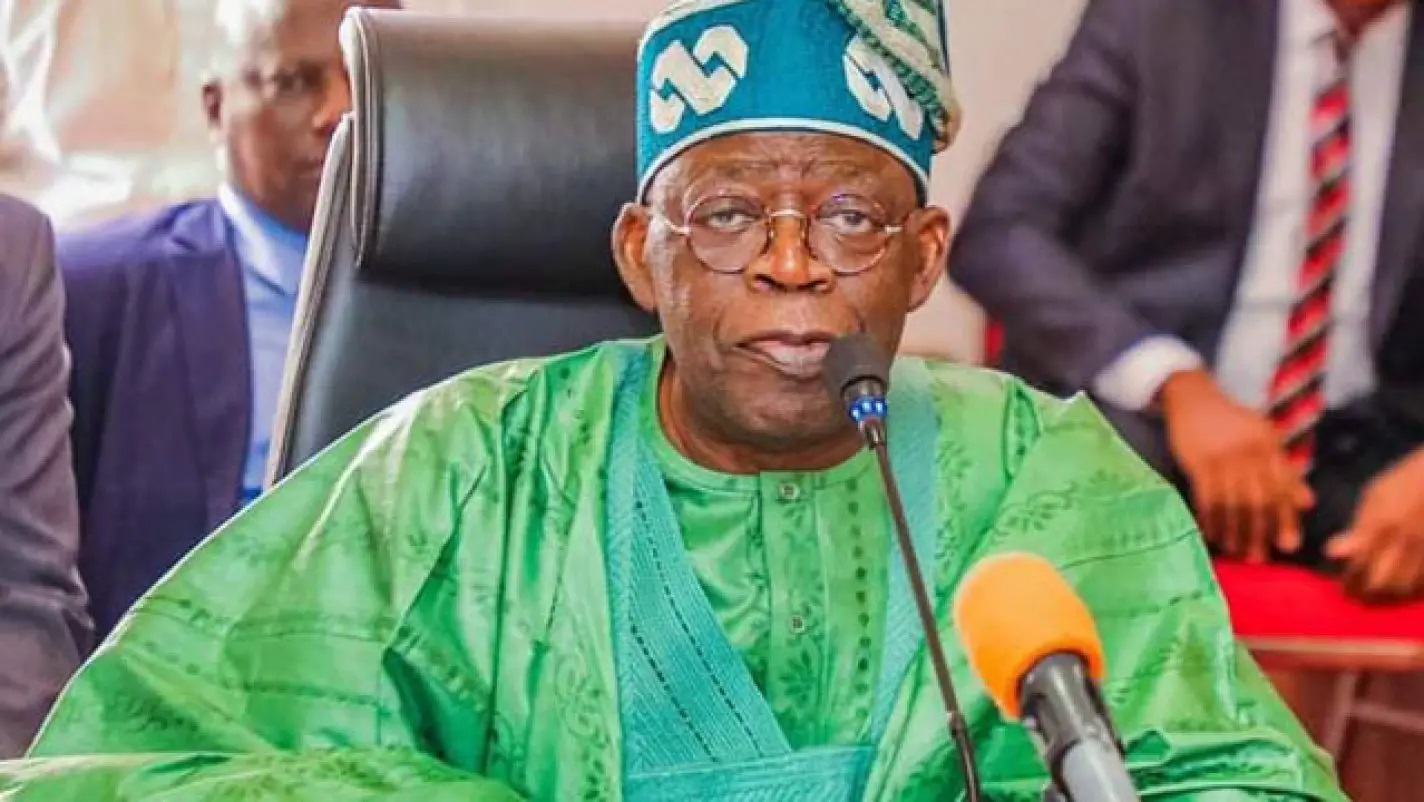Nigeria and the People’s Republic of China established a formal diplomatic relationship on February 10, 1971, and since then relations between the two countries have expanded into several mutually beneficial areas.
Both countries share some similarities which make the relationship between them very significant. They both have the same national day; October 1, 1960, for Nigeria and October 1, 1949, for China. They are both the most populous countries as well as the largest economies in their respective continents, Africa and Asia.
Within the past 50 years in which Nigeria and China established relations, the latter has grown exponentially to become the second-largest economy in the world with projections to overtake the United States of America as the largest.
Like most countries of the world, Nigeria has not been left out of the impact of China’s economic expansion which has been felt mostly in the areas of trade, commerce, infrastructure and education.
COP28: FG spends N2.78bn on estacodes, airfares
North Central govs to FG: Identify root cause of Plateau killings for lasting peace
In trade relations, Nigeria is the third largest trading partner of China in Africa and figures from the Observatory of Economic Comparisons (OEC) show that during the last 26 years, Chinese exports to Nigeria increased from $151 million in 1995 to $21.98 billion in 2021. Similarly, the Chinese have also been involved in infrastructure and transportation – road and railway construction, buildings and civil engineering works. On education, there are thousands of Nigerians schooling in Chinese institutions most of them on Chinese government scholarships.
In all, the Nigeria-China relationship is weighed in favour of China which has consistently chalked up a trade surplus against Nigeria and provides most of the initiative on areas of cooperation between the two countries.
But more importantly, there are areas of concern on the activities of some Chinese nationals operating in Nigeria. One is that they are involved in illegal mining in many parts of the country, especially in areas that are coincidentally, facing widespread insecurity and banditry.
Second, there are also concerns that the Chinese are buying up land and dispossessing Nigerians in some communities. There have also been concerns about how Chinese companies and businesses treat their Nigerian workers. They are often alleged to treat them unfairly without regard to the extant labour laws.
In this regard, we believe that in the context of the Nigeria-China relationship, opportunities exist for Nigeria to maximize the scope of its engagement with China by developing an overarching framework of a China Policy. Daily Trust suggests that it is imperative for the federal government to develop a comprehensive regulatory framework for small-scale mining and enforce it in order to clear the air about the rumoured Chinese involvement in the insecurity challenges in those areas as well as address the issue of unwholesome treatment of Nigerians working in some Chinese firms in the country.
The China Policy should also specifically address such issues as the dumping of Chinese goods in the Nigerian market which invariably destroys budding Nigerian industrialists and entrepreneurs resulting in perennial deficits for Nigeria against China.
Under the China policy, there must be some measure of government protectionist intervention embedded in areas of enterprise and businesses. There should be curbs in the areas the Chinese are currently involved so as to encourage local businesses to thrive and grow. Also, rather than turn Nigeria into a dumping ground, the Chinese should be encouraged to set up factories and industrial plants for the manufacture of items in Nigeria. This will provide jobs and assist in the transfer of technology and skills to Nigerian workers.
The China policy should also borrow a leaf from the practice in many countries where foreigners are routinely recertified in order to regulate their numbers. For both economic and security reasons, Nigeria should not continue to serve as a place where the presence of foreigners is not checked. Allied to that, it should also be reflected in the China Policy that land holding for Chinese residents in Nigeria should be leased and not on a permanent basis.
While recognizing that the expanding influence of China is a factor of globalization, it is imperative for countries like Nigeria which are at the slipstream of this development to take stock and devise ways to cope with it. In this context, we call on our think tanks, scholars and policy planners to come up with a comprehensive China policy for implementation by the government.

 Join Daily Trust WhatsApp Community For Quick Access To News and Happenings Around You.
Join Daily Trust WhatsApp Community For Quick Access To News and Happenings Around You.


